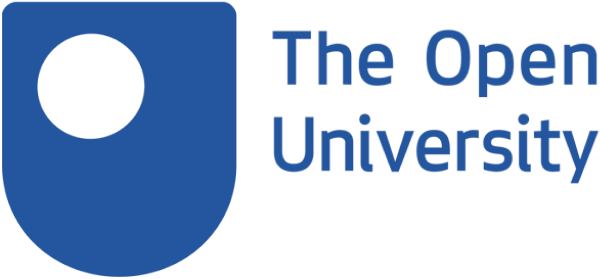Overview
This microcredential is designed for a wide range of professionals. You could be in a management structure, leadership role, or looking to gain more knowledge to develop the leadership and management skills required to lead engaged, productive, and high-achieving teams in business today and into the future.
You’ll discover new leadership strategies and methodologies that build on traditional leadership models, incorporating the new challenges and opportunities impacting leaders in the age of data and digital technology.
Boost your knowledge of data driven leadership
The impact of the 21st century’s fourth industrial revolution means that many traditional leadership research and models are now outdated.
Traditional leadership training encourages leaders to be responsible for analysing all information and then to make decisions. This course shows how modern leadership models can be more agile and responsive by sharing data analysis and decision-making.
Analyse and evaluate traditional models of leadership and management
On this microcredential, you’ll delve into traditional leadership models and ask how these traditional theories of leadership can be critiqued in light of how businesses operate today.
You’ll discover decision science tools for organising and managing data as a leader and learn how to apply lean principles to the integration and optimisation of information.
You’ll also be introduced to traditional management science concepts and learn why their data-based origins mean they’re still relevant today.
Discover new strategic leadership planning tools
As you consider traditional leadership planning tools, you’ll familiarise yourself with the planning paradox, whereby the efficiency of 20th Century planning tools – like PESTLE and SWOT analyses – are limited in dynamic 21st century contexts.
Starting with early commentators like Henry Minzberg, you’ll trace critical approaches to leadership and strategy using more exploratory tools such as Cynefin.
You’ll discover how to interpretdata as a leader using your lecturer’s own data driven strategic decision making tool, and practice using the SWAN model as well as military tools used for dynamic planning.
Explore efficient and agile leadership structures
As agile leadership continues to dominate 21st Century organisations and decision-making, you’ll identify how agile models differ from 20th century hierarchies.
You’ll evaluate how a move towards agile working is affecting modern leadership and collective decision-making, before learning how agility can be coded into any organisation.
Using real-world case studies, you’ll explore the differences between agility and efficiency, and assess how to balance this dichotomy when applying agile and responsive leadership practices.
Assess your identity and role as a leader in data rich environments
The final sections of the course explore how holding on to a traditional view of leadership can deter leaders from identifying with data skills – to their own detriment.
You’ll consider how this can lead to data skills being siloed from leadership and decision making, as well as leaders being overwhelmed with data instead of harnessing the power of collaborative decision making.
You’ll be encouraged to explore the role data has to play in your future as a leader, and define how your leadership experiences match the evolving digital workplace.
Learn with experts at the University of Glasgow’s triple-accredited business school
This microcredential is offered by the business school at top Russell Group university, the University of Glasgow.
You’ll learn with esteemed lecturer, Dr. Matt Offord, a former Naval Officer with extensive experience leading agile 21st-century teams in high technology and data rich environments.
Dr. Offord has also published research into agile information- and data-based leadership behaviours and informal decision-making networks, and is a regular speaker on data-driven leadership and communication at the UK Defence Academy.Data-Driven Leadership Skills flyer
Syllabus
Course 1: Data-Driven Leadership Skills
-Learn how leadership is explicitly dealing with the fourth industrial revolution: the age of data and digital technology.


